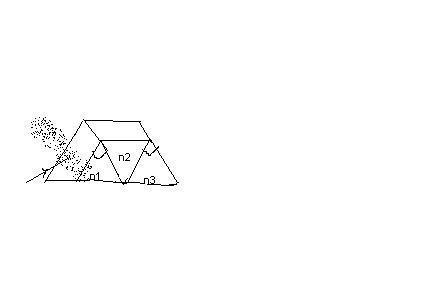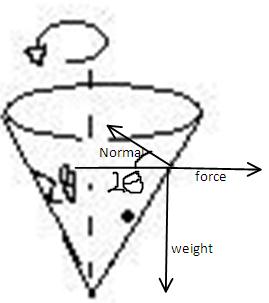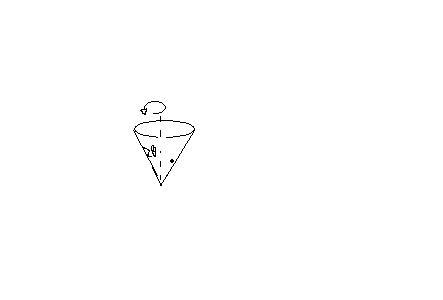 1
1
3 right angled prisms of refractive indices n1,n2 and n3 r fixed together using an optical glue as shown in figure . If a ray passes through the prisms without suffering any deviations
A) n1=n2=n3
B) n1=n2≠n3
C)i+n1=n2+n3
D)1+n2^2=n1^2+n3^2
2) a cilinder of length L and radius b has its axis coinciding with X_axis d electric fld in dis region is given vector E+200i^ d flux thru is
a]d left end of d cylinder is -200Î b^2
b]d right end is -200Î b^2
c]d entire cylinder is 200Î b^2(2+L)
d] thru d curved surface -400Î b^2
 1
1
Let m be the mass of the object
ω=1/2πn
Ncos2θ=mrω2=mr/4π2n2
Nsin2θ=mg
Hence
tan2θ=4gπ2n2/r
Therefore,
r=4gπ2n2/tan2θ
So is that the answer[7][7]
 1
1plz reply for prism quesn plz
 24
24@ brinda plzzzzzzzz post the questions under appropriate sub headings for better and quicker response...........
posting optics and electricity problems in kinematics section will surely delay the response to ur doubt and create a chaos here..........
sorry if u felt my words were harsh.....but thats truth.....[1][1][1]
 1
1do the net deviation zero
d=(n-1)A
 1
1kindly give d solution i need it urgently


